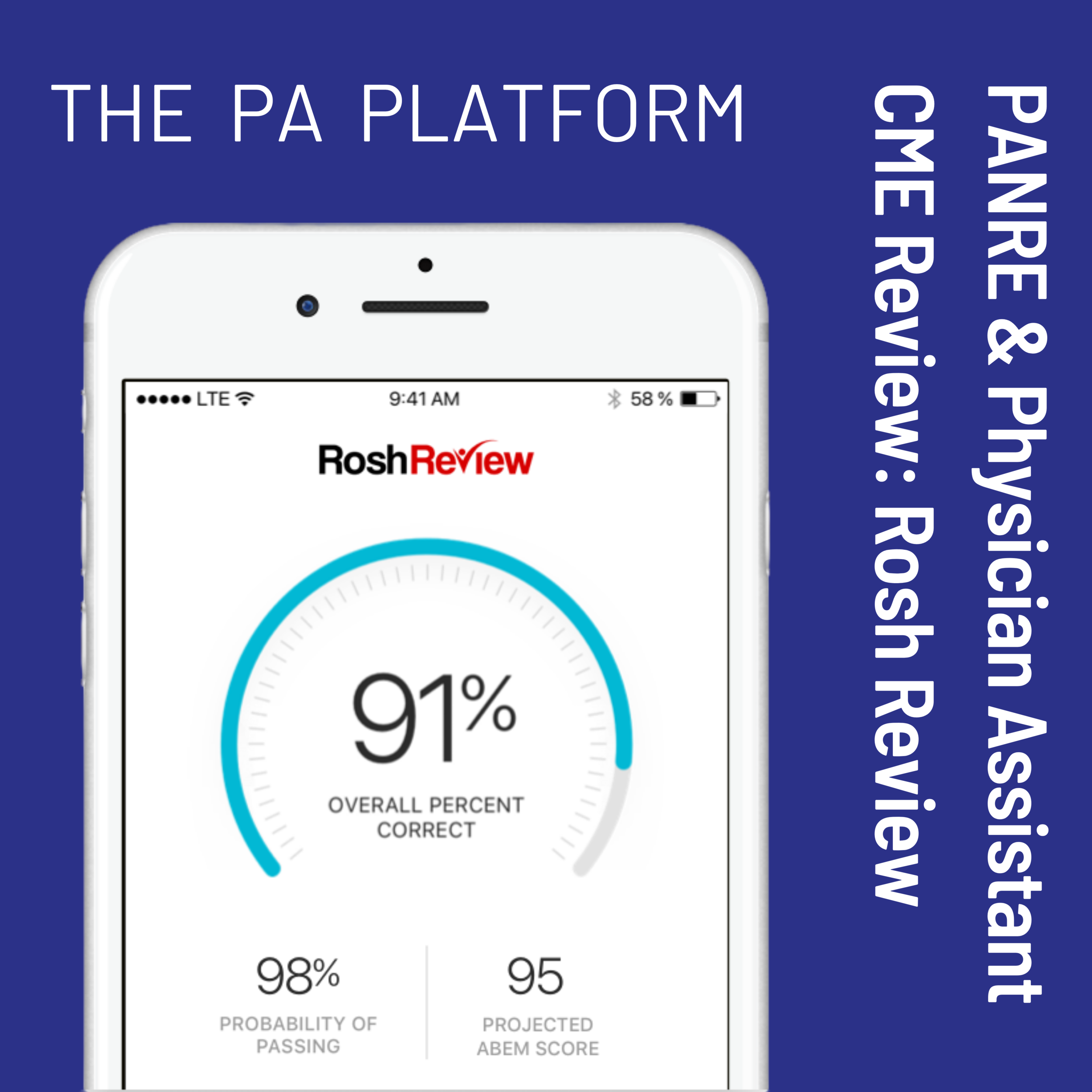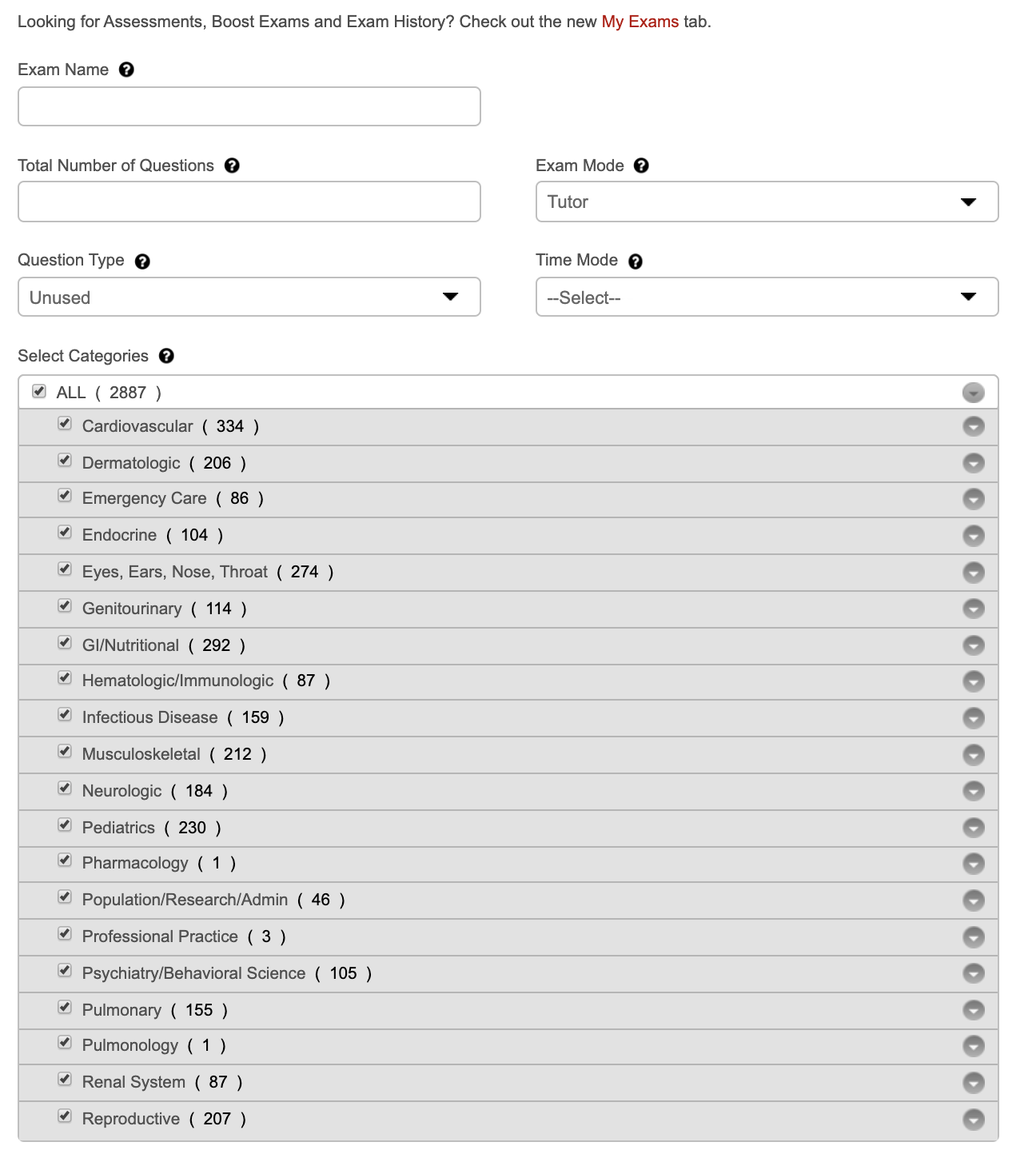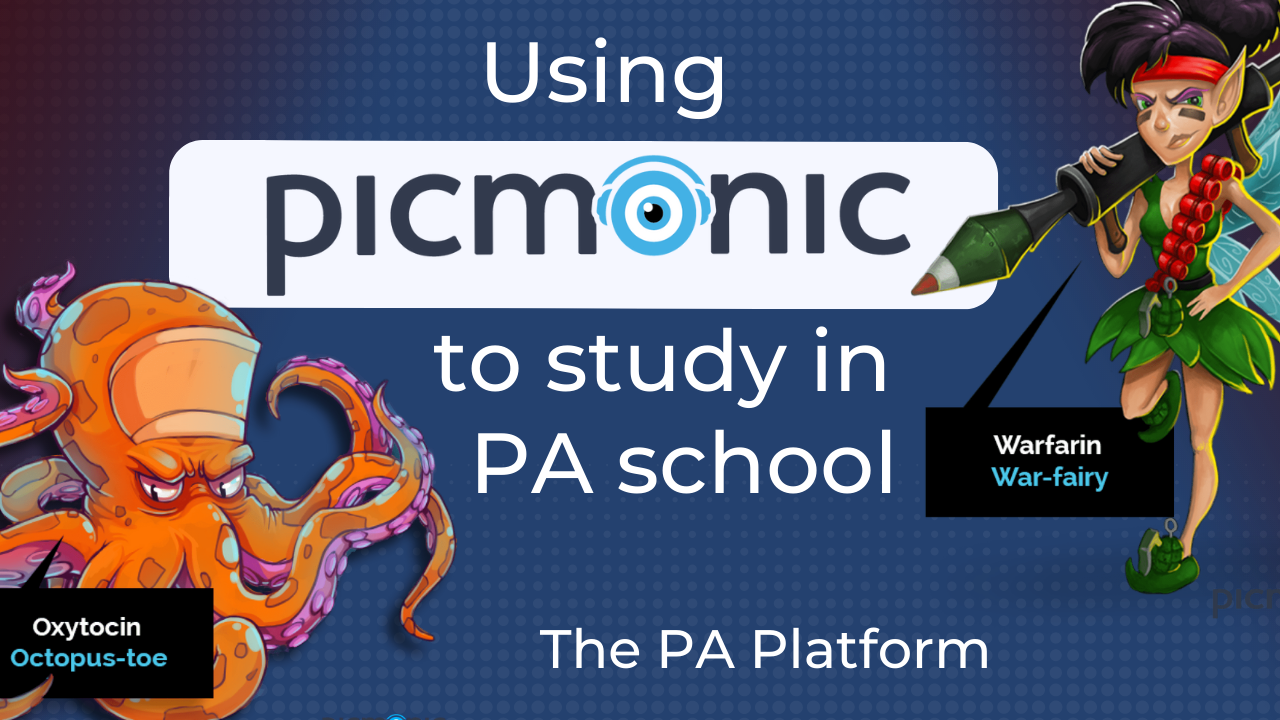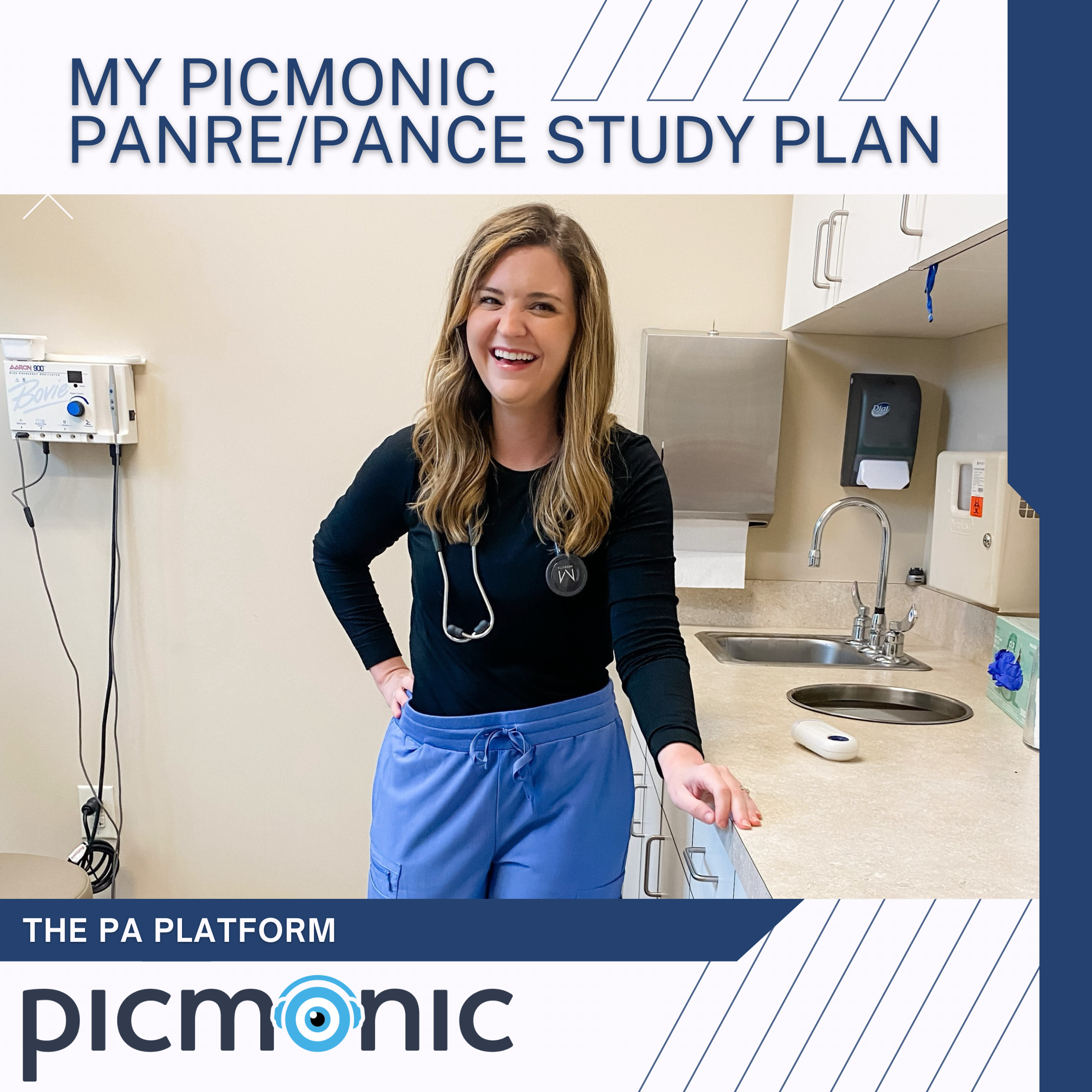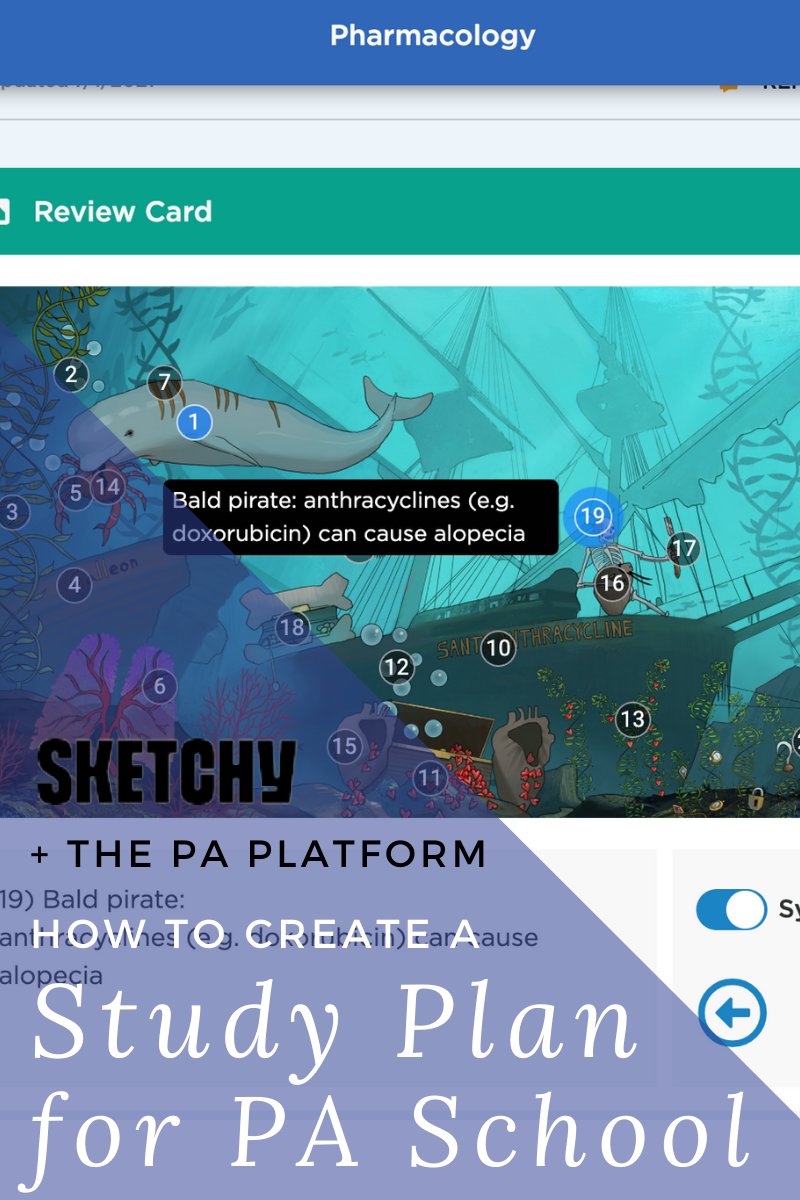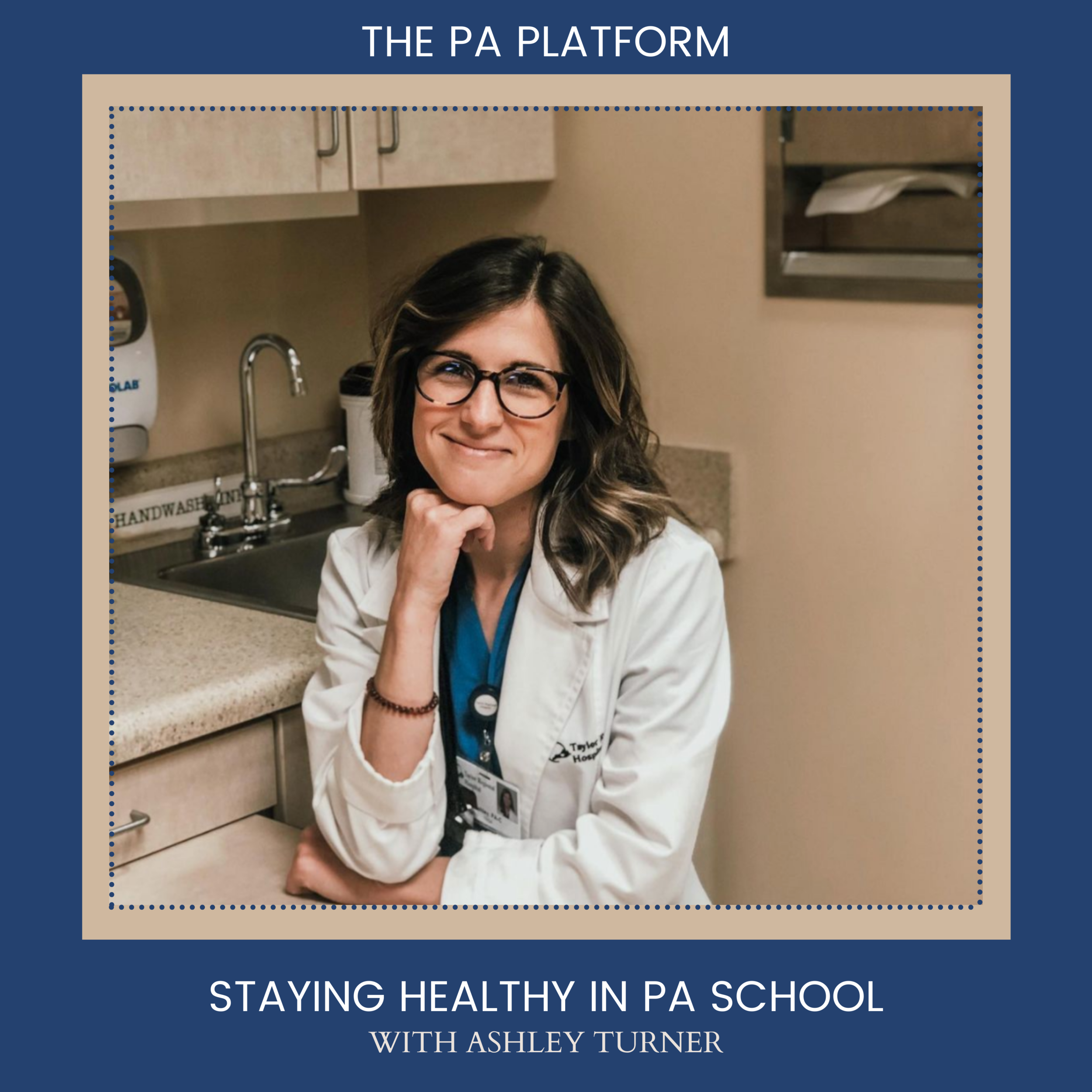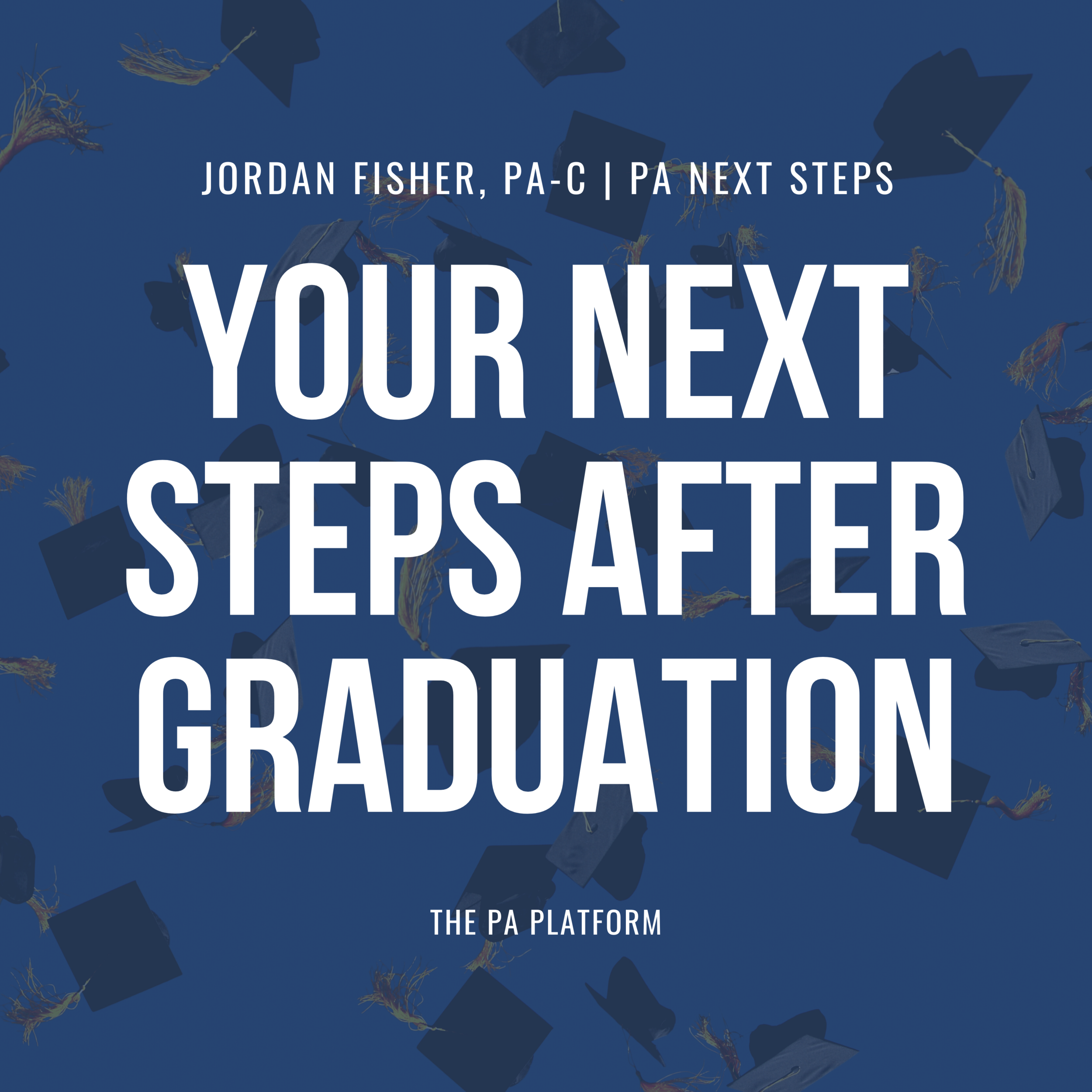While many people are familiar with the resources Rosh Review offers for studying for the PANCE during PA school, Rosh Review also offers a PANRE Review Qbank with options for CME credits.
For a PA to maintain certification, there are certain national and state requirements. These guidelines are set in accordance with the National Commission on Certification of Physician Assistants (NCCPA) on a two year cycle. Every two years, PAs must accrue a total of 100 CME hours. There are two categories: Category 1 includes approved education and courses that reiterate the importance of knowledge and skills within the PA profession, while Category 2 consists of reading articles or journals and supervising students. At least 50 of the credits must be Category 1. PAs must take a recertification exam called the PANRE every 10 years.
This is where Rosh Review comes in to provide both CME credit and an extensive review of everything that’s pertinent for boards. When logging on to Rosh Review, you are given the option to set up personalized exams. You can choose the amount of questions for each exam, which topics to include, and whether you want it timed with the explanations immediately or following the test.
With 3,000 NCCPA-formatted questions, you’ll be busy for quite a while and get a feel for exactly what the PANCE or PANRE is like. For general studying, I prefer the “Tutor” mode with immediate explanations, but for hardcore board studying, I want it to be like the real thing and will set a one minute timer for each question and complete 60 questions at a time.
The questions written by Rosh Review are phrased in the same format as real PANRE questions. There are various difficulty levels, but the actual questions aren’t confusing. They include images of EKGs and rashes as well to help with clarifying exactly what they are looking for. In the exams, after you submit an answer, you’re given a thorough explanation on both why the correct answer is correct and also why the other answers are incorrect. There are also stats on how you shape up compared to how other test takers answered the question.
Rosh includes “One Step Further” questions that are quick tidbits to test your recall surrounding the topic of the question as well, and each explanation has a direct source at the bottom of the explanation to go look for more information if needed.
For CME credit, Rosh Review is worth 100 AMA PRA Category 1 credits, which takes care of the requirement for an entire year. It’s super simple. You have to complete at least 1,000 questions with a score greater than 70% and email Rosh Review directly to get the certificate. I love a good conference, but I can complete these questions from anywhere. In the comfort of my home on my laptop, or on the app on my phone when clinic is slow. This CME is $399, which will give you a 1 year subscription and time period to complete the CME. Compared to some conferences with far less variety and convenience that cost $850 for 25-30 credits, it’s very cost effective. If you have some CME funds left for the year, this is a great option to complete on your own timeline.
To get more personal, here’s why Rosh Review works for me. I personally study best with a Q&A format. I figured that out while studying during PA school, and it hasn’t changed over the years. Having to apply my knowledge to an actual question or scenario challenges me to make sure I have a complete understanding of a topic instead of relying on instant recall. There was only one digital Qbank available when I was in PA school, and I didn’t like it. The questions felt like recycled USMLE questions and weren’t specific to the PANCE, which felt like a waste of very valuable study time. I relied on books for most of my studying, which weren’t very easy to tote around to all of my rotations or study on the fly when I had a few minutes of free time. Another limitation of using books is the difficulty of updating information in a timely manner in the way a website or software can be changed if there’s an error. There’s a feedback option on every question to submit if any information is inaccurate or just for clarification from a Rosh Content Education Expert. This is almost like a personal tutor who can help you to understand any tough concepts that aren’t coming across well through the Q&A format.
A couple of years ago, a student introduced me to Rosh Review while precepting. We would sit down and go through questions together in between patients, and I figured out very quickly how effective Rosh Review was for me. It was basically what I wish I had throughout all of PA school with the seamless exam formats and clear explanations. They also have an option of the Rosh Rapid Review books to accompany the questions with all of the extra study information included. You can click here to download a free chapter and get the books in either eBook or physical form.
While I am 3 years out from my PANRE, I realize the need for staying up to date with general medicine because the last 6 years have flown by. Working in specialty practice in dermatology, I’ve seen how quickly knowledge is lost without direct practice. Dermatology is only 5% of the exam content on boards. That’s not a great sign for me. Having Rosh Review as an option to continue testing my knowledge and providing explanations to why I (usually) get a question wrong has been invaluable. Since reviewing these questions, I’ve started to do this more regularly and I will continue to quiz myself regularly on the material.
*I was provided with a Qbank free of charge in exchange for this review, but all thoughts and opinions are my own.

